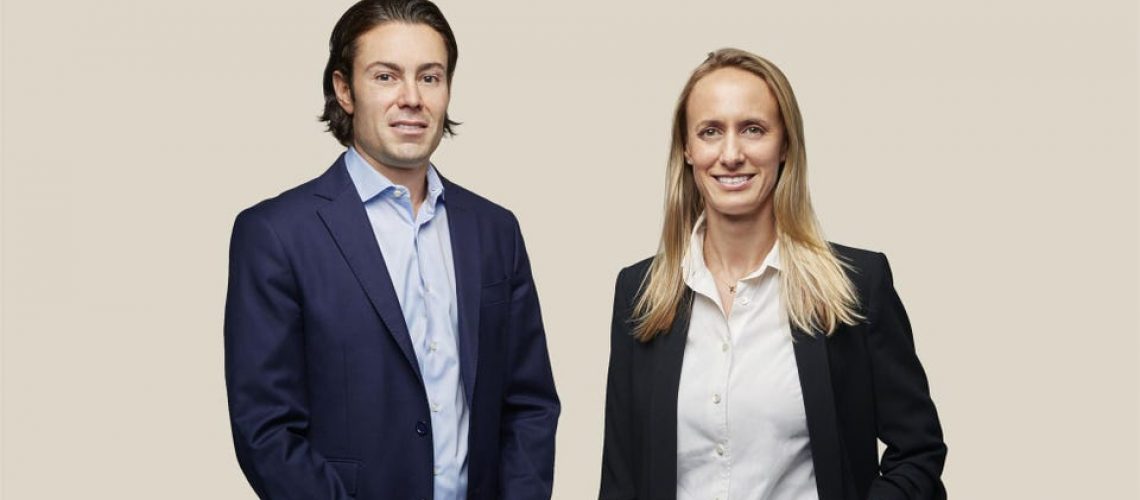Although family offices have been around since the 1800s, they’ve only begun to flourish in recent years. Owing to this, a 2019 UBS Global Family Office Report shows that more than half of the total family offices surveyed were founded in or after 2000.
Various factors contributed to their rise, such as being able to secure billionaires or HNWIs (High Net Worth Individuals) and success in other matters, such as charitable ventures, trust management, and personal investments.
Family offices tend to target individuals with more than $1bn assets, while multi-family targets those with more than $20bn. This means there are plenty of people that require a helping hand with their family resources.
Harness Wealth’s Initiative
David Snider and Katie Prentke English founded Harness Wealth three years ago in New York and worked with individuals that faced complex financial situations, along with liquidity issues. The two set up their company in 2018 to help people manage their assets while they worked full-time, especially if their vested interests continued to change.
According to Harness, there is an abundance of wealth managers that individuals can rely on, but it does more than just connecting the right people. While it does connect people with the right investment advisors, it also helps customers pair up with professionals across all fields according to their needs, which is similar to what family offices do.
Harness makes its money by collecting part of the fee that advisers charge on the platform for their services. Snider further mentions that it’s a way to collect a revenue share but that the company only does well if the costumes achieve success with the advisers on the platform rather than obtaining a lead generation fee at the start.
Their Goal
Harness believes that it might be able to replace self-services in the market, such as Mint and Personal Capital. Moreover, according to Snider, customers wanted better data insights and a better UX and wanted a human experience with advisers that handled clients similar to them. Certain limitations in a non-human powered solution also pushed Prentke English towards the growth of Harness.
Investors believe that their theory makes sense because they just obtained $15 million from a series A funding led by Jackson Square Ventures, which brings the company’s total funding to $19 million.
Harness Wealth has its own business line, Harness Tax, which it develops with the help of the capital it makes. According to Snider, more people are concerned about tax planning with many things coming into play, such as in the IPO front, cryptocurrencies, and remote work. They are putting more money into them, but the tax code is trying to catch up.
Tax planning is a time-sensitive issue, and it can also affect an individual’s financial strategy. People wonder whether Harness Wealth’s adviser partners might turn away from the company if they think they are facing rivals.
However, Snider insists that Harness Wealth employs only 22 people, is not profitable, and has no plans to be profitable. He claims that their only goal is to add value, help people, and that they saw the opportunity to lean towards tax planning and took it. According to him, many clients might not understand their tax liabilities because of the cryptocurrency boom, and that Harness Wealth wants to ensure that they’re in the front, ready to help when needed.
‘Harness Wealth raises $15 million to democratize the power of offices‘- Tech Crunch, Connie Loizos




